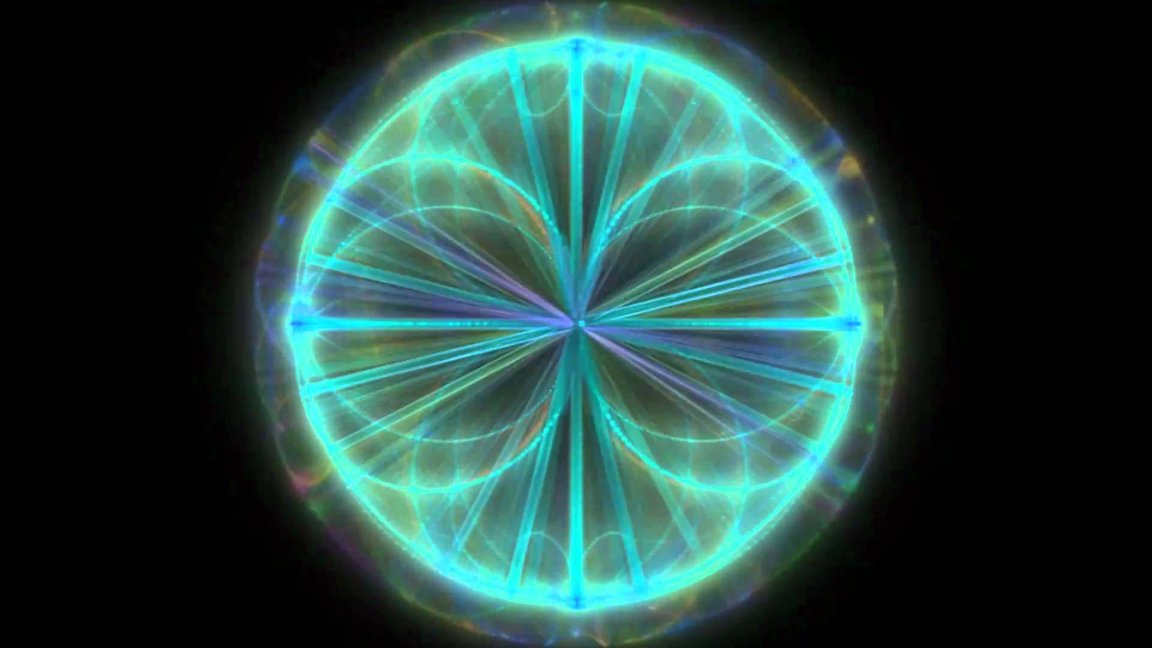
Electron Lifetime
Physicists working on the Borexino detector in Italy have been searching for evidence of electrons decaying into photons and neutrons. Alas, they did not find any evidence of such a decay; however, their experiment did lead to some revised numbers in relation to electrons.
Ultimately, the team concluded that the electrons that are floating about the universe today will still be around for another 66,000 yotta years. Not sure just how big that number is? Well, it equals out to just about five quintillion times the universe’s current age.
An article that was posted in APS Physics, they explain how the team developed this number:
Borexino consists of a shell of petroleum-based liquid that lights up when a neutrino, a nearly massless neutral particle, knocks an electron loose from one of the liquid’s atoms. The detector’s roughly 2000 photomultipliers then amplify and sense the emitted light. [The] researchers calculated the sensitivity of the detector to photons produced via hypothetical electron decays into a photon and a neutrino…They then looked for photon “events” above this background with energies near 256 kilo-electron-volts, an energy corresponding to half the electron rest mass.
Of course, we don’t really expect electrons to live that long. After all, due to the accelerated expansion of the universe, our cosmos will likely be a frozen wasteland long before then. However, in the end, the revised number helps physicists develop new and improved models of nature compared to those that exist now.
The Standard Model of Physics
Notably, had the researchers observed the decay, it would have been a bit of a problem, as this decay process is a process that violates the conservation of electrical charge, and thus points towards undiscovered physics beyond the Standard Model.
To break this down a little, the purpose of searching for the electron’s rate of decay lies in the fact that the electron is the smallest carrier of a negative electrical charge in physics. If electrons were to decay, the concept of energy conservation would mean that the process would have to involve the production of even lower-mass particles, like neutrinos.
This contradicts the fact that all particles that have masses lower than the electron itself carry no electrical charge. Therefore, this must mean that the electron’s charge vanishes during the proposed decay process. This concept would violate “charge conservation,” which is a fundamental principle that’s part of the Standard Model of particle physics.
So it’s not too surprising that we didn’t see a decay.
Sean Carroll, a research professor in the Department of Physics at the California Institute of Technology, clarified in an interview with Gizmodo, “It would be one of the most surprising things ever if electric charge was not conserved,” said Carroll. “That’s why everyone thinks electrons don’t decay.”
“But we should still look! It’s a lottery ticket — very unlikely that you will find anything, but if you do, you get rich,” said Carroll. “Sadly, they didn’t find anything, but null results are an important part of good science.”